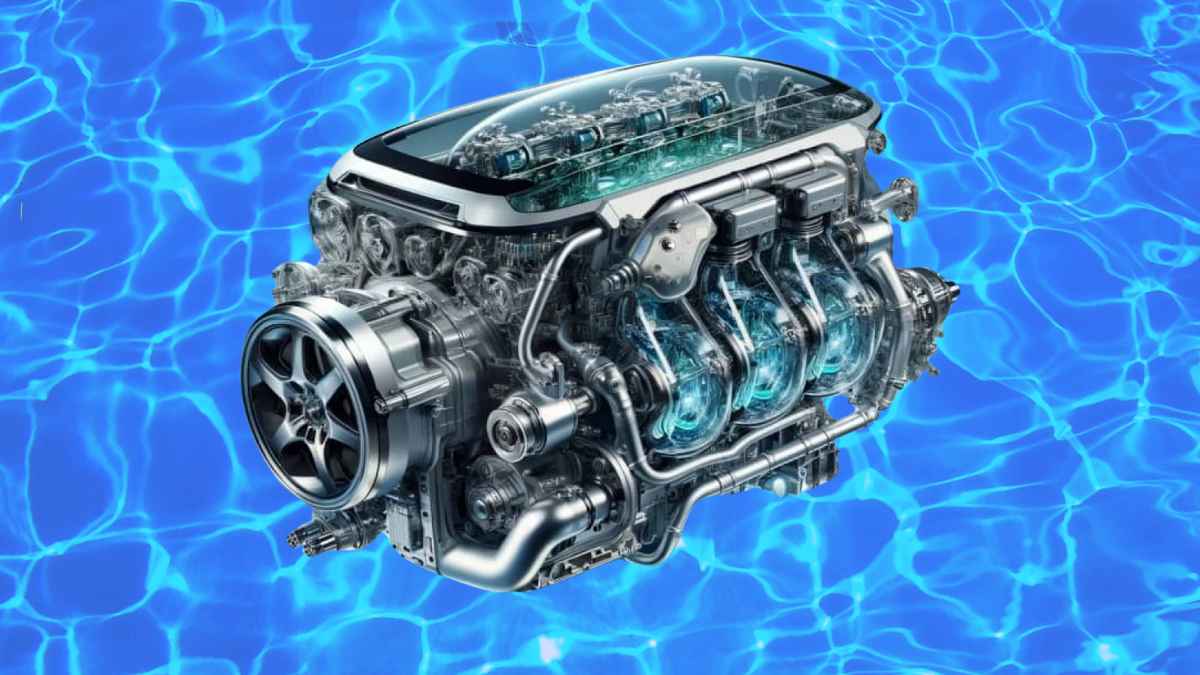Toyota has been one of the most innovative companies in the development of motor vehicles with advanced technologies in terms of sustainability. While most manufacturers today are betting on electric vehicles, this company has been working for years on the development of hydrogen technology. And today, Toyota has made its commitment to the planet clear, unveiling a 12th century prototype vehicle that will revolutionize the automotive industry.
How Toyota transformed hydrogen technology in 1992
Toyota embarked on the hydrogen journey in 1992 and has not stopped to date. Moreover, in 2014 it launched the fuel cell in the Toyota Mirai, which is now one of the key aspects of the brand’s green initiatives. Unlike all battery-powered cars, hydrogen technology offers a major advantage: it produces no emissions and has the ability to travel long distances and refuel quickly.
In 2022, Toyota introduced the H2 Corolla, a racing vehicle that runs on liquid hydrogen. This car demonstrated the possibility of using hydrogen combustion engines. How did it do it? Under aggressive conditions in the 24-hour Super Taikyu Fuji 24-hour race.
With a breakthrough in its work, the company is now working on editing its hydrogen engines for remarkable and long-lasting efficiency. This could shape the future of the automotive industry and change the game forever.
Toyota’s 21st century prototype
The company’s latest test fuel cell car model, which Toyota launched in late 2024, has a clear goal: to solve the problems of the past while delivering innovation. A significant improvement in this regard is the increased service life of the liquid hydrogen pump, the design of which contains a double-actuated crank. This tool allows symmetrical movement, resulting in less wear and tear and greater reliability of use over time.
Another notable feature of this model is the shape of the hydrogen tank. Unlike existing round designs, which tend to reduce cabin space, the new tank is oval in shape. In addition to being able to hold 1.5 times more material, it does not affect cabin space. This doubles the cruising range compared to previous versions of the model. This makes Toyota’s new prototype vehicle viable for everyday use.
Why hydrogen vehicles represent a promising future in the industry
Currently, electric vehicles are getting all the attention. However, hydrogen technology is worth exploring when looking at specific use cases. Liquid hydrogen has a high energy density compared to gaseous hydrogen. This makes it suitable for vehicles such as trucks and buses. It also allows a faster refueling time than electric vehicles. Hence its strategic importance for industries that require frequent response times.
Toyota’s advances in hydrogen demonstrate its interest in creating a wide range of environmentally friendly cars and technologies. This is evident in the characteristics of the prototypes presented on its web platform. But to do so, hydrogen generation must be carried out through a sustainable process. Currently, hydrogen is extracted from non-renewable resources; however, Toyota and its partners are working on technologies that will make this energy source more efficient and cleaner.






